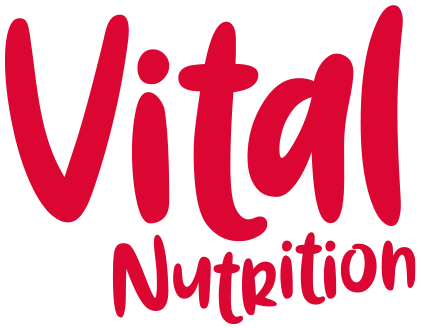Feed your body, fuel your brain
The Easter break is coming to an end, and for lots of teens that means the dreaded start of exam season.
As well as cramming in as much knowledge as possible, what you eat can make all the difference to memory, focus and concentration, as well as helping to reduce the stress load and balance energy levels.
Here are some easy ways to add a little extra nutrition to your diet to help optimise learning and help you cope with exam stress.
Always eat breakfast.
Make sure you start your day with a decent breakfast to feed your brain and fuel your body. Research shows that pupils and students who eat breakfast perform better in exams. Include a slow release carbohydrate like Weetabix, wholemeal toast or oats for a steady and sustained balance of energy and fuel for your brain. Add in a form of protein – this could be milk, yoghurt or eggs, to help keep you focussed and alert.Weetabix with milk and a banana
Overnight oats with your favourite fruit and nuts
Eggs on wholemeal toast
Banana and peanut butter on toast
A smoothie made with yoghurt, milk and fruit – use fresh or frozen fruit
Keep well hydrated.
The first sign of dehydration can be fatigue and lack of focus, so keep a water bottle on your desk and don’t forget to pack it on exam days. Skip the energy drinks and focus on water instead. Energy drinks will give you a boost, but it will be short and sharp and then you’ll end up with a sugar slump, which can reduce concentration.Omega 3 fats for focus.
Oily fish, walnuts, chia and flaxseed all contain some omega 3 fats that may help recall and memory. If you don’t eat a lot of fish, then taking a fish oil supplement could be a good idea. If you are vegan or vegetarian, look out for an omega 3 supplement containing DHA – that is the omega 3 that has been researched to help support cognitive function, memory, recall and concentration.Keep mealtimes regular and don’t skip meals.
If you have exams coming up, it can be a stressful time, so don’t add to the stress load by skipping meals. Keep mealtimes regular and make sure you always have a breakfast, lunch and dinner. Remember that food is fuel for your brain. Skipping meals will impair your focus, deplete energy, lower mood and increase stress. If you don’t feel like eating because of exam nerves, try eating smaller meals more often to keep your energy and nutrition up.Decent lunch choices for study leave and exams days could be something like:
A wholemeal pitta or wrap filled with chicken, tuna, cheese or houmous and some salad – even grated carrot and some tomatoes would do
Beans on toast
Soup and a sandwich
Falafels with houmous and salad
Keep an eye on the sugary stuff.
Too much sugar will leave you fatigued and less able to concentrate and focus. Instead, snack on nuts, yoghurts, crackers and cheese of fruit to keep you going in between meals. These foods are more likely to improve memory retention, mental alertness, and keep your energy up.Get an early night.
Don’t be tempted to stay up to the wee small hours cramming for your next exam. You will be a lot more focussed if you get a good night’s sleep. If you have trouble getting over to sleep, then have a little snack an hour or two before bed. A couple of oatcakes with almond of peanut butter, some yoghurt, or a fruit salad with kiwis and banana are all foods that can have a relaxing effect to aid better sleep.Avoid caffeine at bedtime – it will leave you feeling too alert to sleep. Try herbal teas with calming herbs like chamomile, lemon balm or lavender instead.
Give your brain a chance to switch off. Do something just for the fun of it, get outside as much as you can and take some exercise. All of these things will help you focus better when you get back to your revision.

